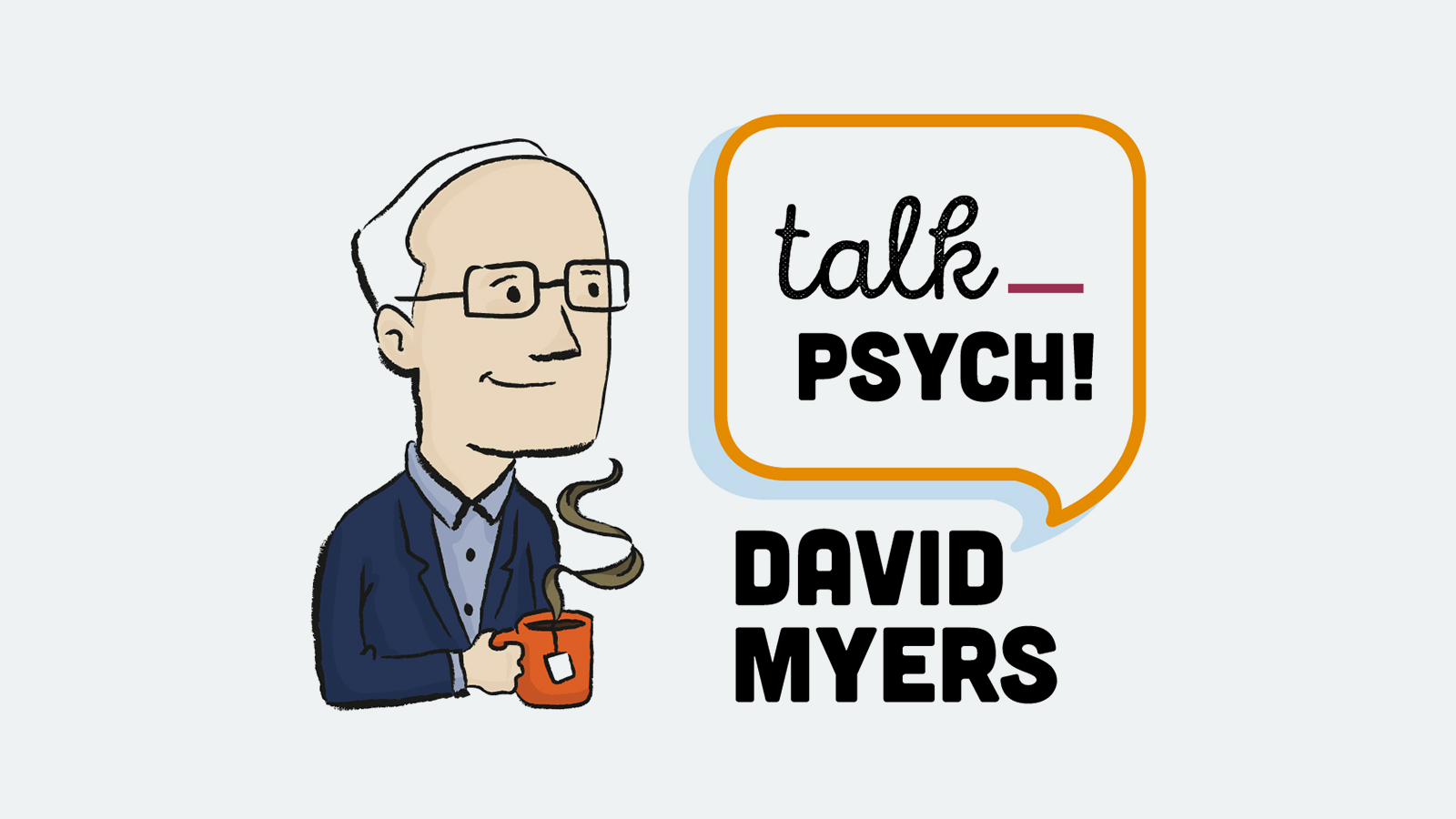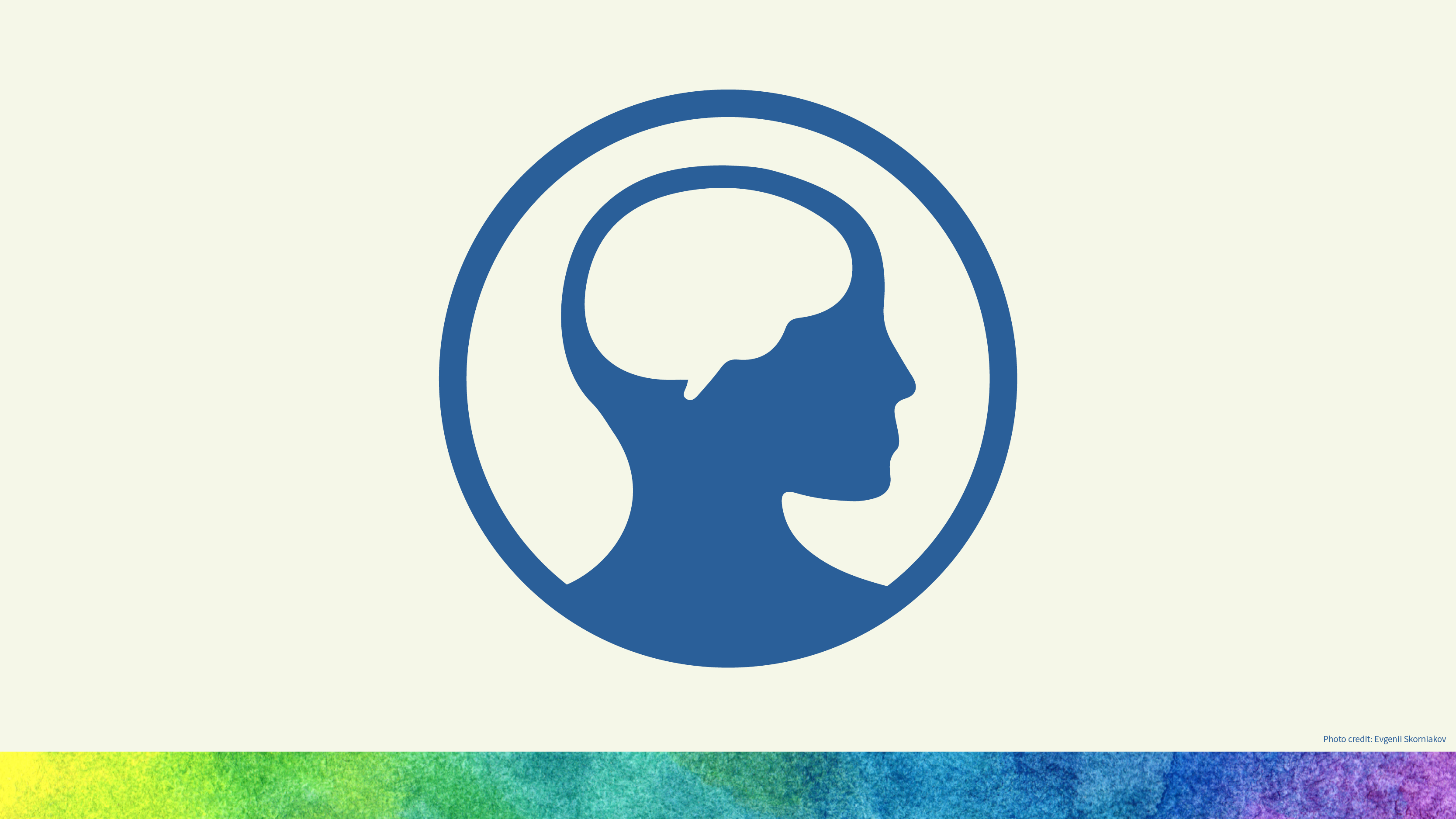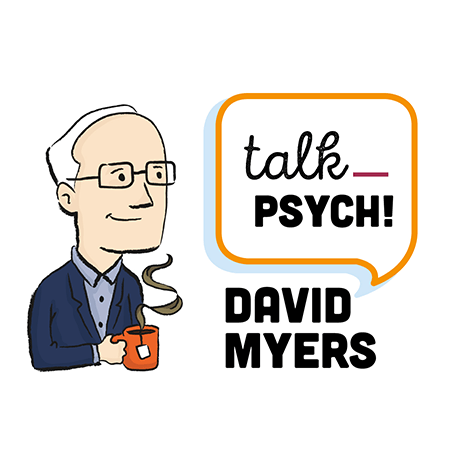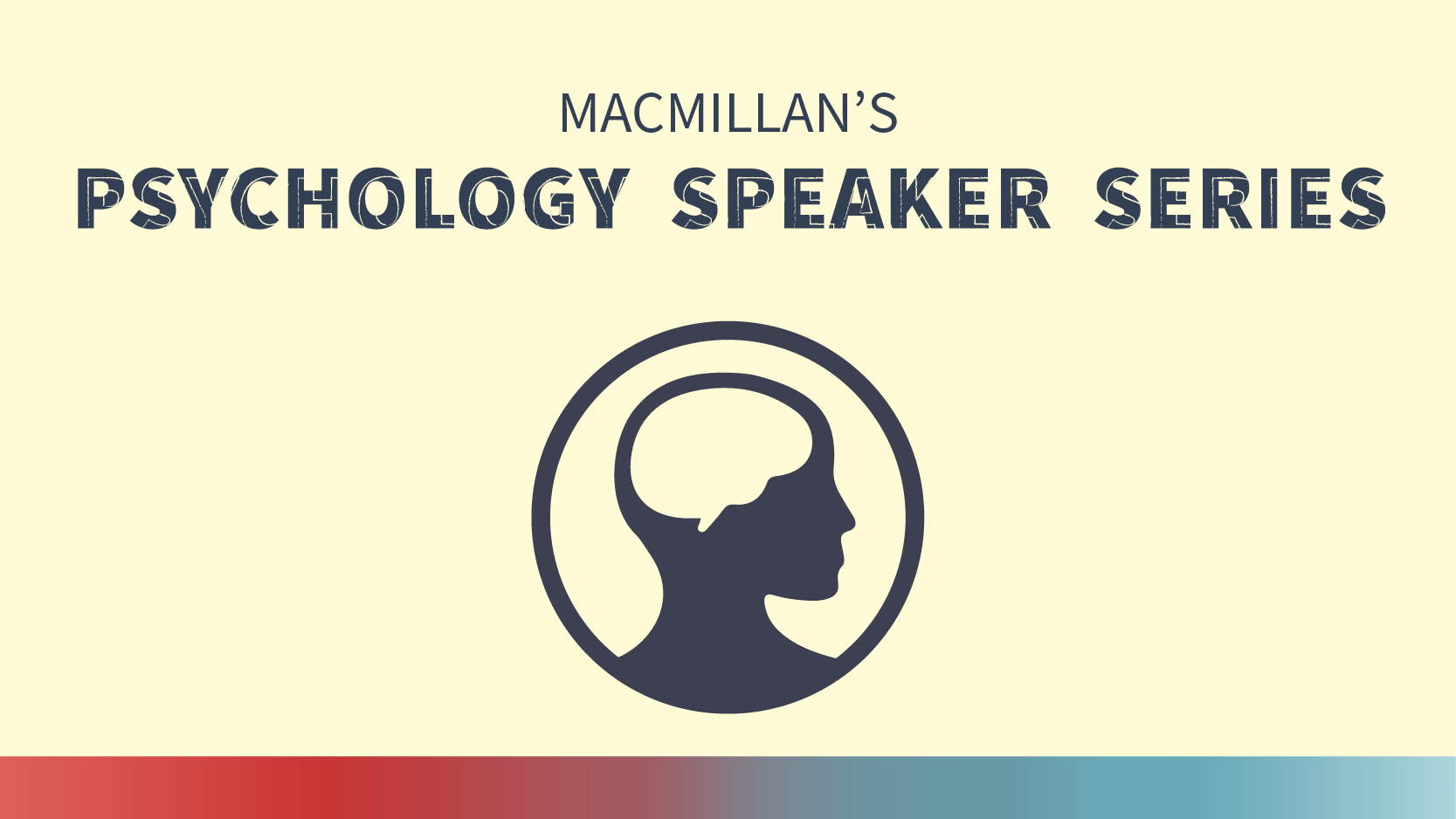-
About
Our Story
back- Our Mission
- Our Leadershio
- Accessibility
- Careers
- Diversity, Equity, Inclusion
- Learning Science
- Sustainability
Our Solutions
back
-
Community
Community
back- Newsroom
- Webinars on Demand
- Digital Community
- The Institute at Macmillan Learning
- English Community
- Psychology Community
- History Community
- Communication Community
- College Success Community
- Economics Community
- Institutional Solutions Community
- Nutrition Community
- Lab Solutions Community
- STEM Community
- Newsroom
- Macmillan Community
- :
- Psychology Community
- :
- Psychology Blog
Psychology Blog
Options
- Mark all as New
- Mark all as Read
- Float this item to the top
- Subscribe
- Bookmark
- Subscribe to RSS Feed
Psychology Blog
Showing articles with label Nature-Nurture.
Show all articles
nathan_dewall
Migrated Account
07-20-2016
07:58 AM
Originally posted on June 2, 2014. We receive help every day. I don’t grow the food I eat, knit the clothes I wear, or assemble the TV I try to avoid. I don’t even cut my own hair. Nope, I rely on others to help me. But how do I get help when it involves asking? Amidst a recent report showing low levels of helpfulness among college professors (especially toward members of minority groups and women), I thought it would be good to help readers know how to increase helping. Here are the top 5 ways to do it (adapted from Latané and Darley, 1970). Notice help is needed. This goes both ways. I need to be aware that other people might need my help. I also need to make sure other people know I need help by asking. Realize when help is needed. If it’s an emergency, let people know it. Take personal responsibility for helping. Ignore what other people do. If you see someone in need, don’t wait for someone else to do the job. To quote Mahatma Ghandhi, “We need not wait to see what others do.” Make a decision to help. Think of this as the step between you wanting to help and you actually helping. Help! Now that you’ve made your decision, it’s time to put some feet on it. Take action and help.
... View more
Labels
-
Cognition
-
Nature-Nurture
0
0
6,611
Expert
01-13-2016
04:00 AM
As a psychology instructor it is clear to you the myriad ways in which psychology can be used to both understand social issues and speak to solutions. In fact, the APA Guidelines for the Major (2013; see below) encourages us to help our students see the same. Debra Mashek (2016) suggests a few assignments that provide our students opportunities to connect psychology with today’s social issues. Integrative essay The instructor chooses three articles (interesting, nifty methodology, and not too difficult for students to understand – but on the surface may not have anything obviously to do with each other), and assigns one of those articles to each student, i.e. 1/3 of the class gets article A, 1/3 gets article B, and 1/3 gets article C. Each student writes a one-page summary of their assigned article and brings that with them to class. The class breaks up into groups of three, where the groups are composed of students who have all read different articles. In a jigsaw classroom format, the students tell the others in their three-person group about their article. Students then “articulate an applied question that invites application of ideas from all the articles.” Each 3-person group then co-authors a short paper (two to three pages) that identifies their applied question and how each of the three articles speak to that question. Persuasion research activity Right after Hurricane Katrina, Mashek decided she wanted her Intro Psych students to experience psychological research firsthand while also contributing to the relief effort. Mashek gave a brief lecture on foot-in-the-door, door-in-the-face, and reciprocity. She randomly assigned ¼ of students to foot-in-the-door, ¼ to door-in-the-face, ¼ reciprocity (she gave these students lollipops to hand to people before asking for a donation), and ¼ to a command condition (“give money”). During that same class period students were sent out in pairs to different areas of campus to return an hour later. Thirty-five students collected $600. Students reported a greater connection to the victims of Katrina after they returned than they reported before they left. Mashek used this experience as a leaping off point for discussing research methodology in the next class session. Current headline classroom discussion Pick a current headline. Break students into small groups, perhaps as an end of class activity, and give them one or two discussion questions based on the current chapter you are covering that are relevant to the headline. For example, if you are covering the social psychology chapter in Intro Psych, give students this headline from the January 9, 2016 New York Times: “Gov. Paul LePage of Maine Says Racial Comment Was a ‘Slip-Up’.” This is a short article, so you could ask students to read the article itself. Sample discussion questions: (1) What evidence is there of ingroup bias? (2) Do Gov. LePage’s comments illustrate stereotyping, prejudice, and/or discrimination? Explain. If time allows, student groups can report out in class. Alternatively, this could be a group writing assignment or a scribe for the group could post a summary of the group’s responses to a class discussion board. Students will gain an appreciation of the scope of psychology and how it is relevant to today’s social issues. This activity throughout the course should help students, after the course, to continue to see psychology at play. The APA Guidelines for the Major (2013) include these indicators related to social issues: 1.3A Articulate how psychological principles can be used to explain social issues, address pressing societal needs, and inform public policy 3.3c Explain how psychology can promote civic, social, and global outcomes that benefit others 3.3C Pursue personal opportunities to promote civic, social, and global outcomes that benefit the community. 3.3d Describe psychology-related issues of global concern (e.g., poverty, health, migration, human rights, rights of children, international conflict, sustainability) 3.3D Consider the potential effects of psychology-based interventions on issues of global concern American Psychological Association. (2013). APA guidelines for the undergraduate psychology major: Version 2.0. Retrieved from http://www.apa.org/ed/precollege/undergrad/index.aspx Mashek, D. (2016, January 4). Bringing the psychology of social issues to life. Lecture presented at National Institute on the Teaching of Psychology in Tradewinds Island Grand Resort, St. Petersburg Beach. Seelye, K. Q. (2016, January 9). Gov. Paul LePage of Maine Says Racial Comment Was a 'Slip-up'. The New York Times. Retrieved January 9, 2016, from http://www.nytimes.com/politics/first-draft/2016/01/08/gov-paul-lepage-of-maine-denies-making-racist-remarks
... View more
Labels
-
Abnormal Psychology
-
Cognition
-
Consciousness
-
Developmental Psychology
-
Emotion
-
Evolution
-
Gender
-
Genetics
-
History and Systems of Psychology
-
Industrial and Organizational Psychology
-
Intelligence
-
Learning
-
Memory
-
Motivation
-
Nature-Nurture
-
Neuroscience
-
Personality
-
Research Methods and Statistics
-
Sensation and Perception
-
Social Psychology
-
Stress and Health
0
0
8,671
Topics
-
Abnormal Psychology
5 -
Achievement
2 -
Affiliation
1 -
Cognition
9 -
Consciousness
13 -
Current Events
6 -
Development Psychology
9 -
Developmental Psychology
12 -
Drugs
4 -
Emotion
19 -
Evolution
1 -
Gender
4 -
Gender and Sexuality
3 -
Genetics
2 -
History and System of Psychology
4 -
History and Systems of Psychology
2 -
Industrial and Organizational Psychology
15 -
Intelligence
1 -
Learning
26 -
Memory
10 -
Motivation
4 -
Motivation: Hunger
1 -
Nature-Nurture
2 -
Neuroscience
15 -
Personality
11 -
Psychological Disorders and Their Treatment
9 -
Research Methods and Statistics
41 -
Sensation and Perception
15 -
Social Psychology
45 -
Stress and Health
5 -
Teaching and Learning Best Practices
30 -
Thinking and Language
9 -
Virtual Learning
7
- « Previous
- Next »
Popular Posts








